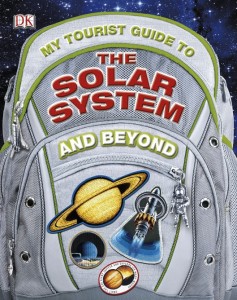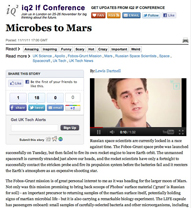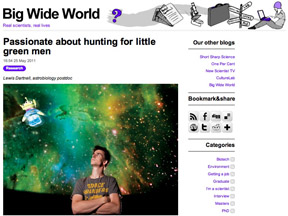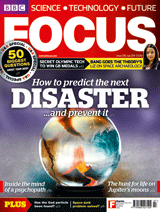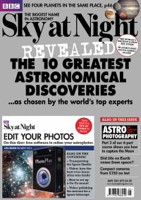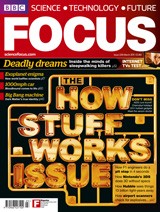Exoplanets classroom worksheet
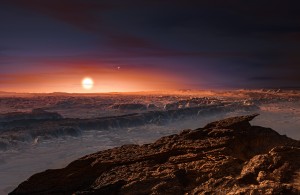
This week saw the announcement of the discovery of Proxima b, an Earth-sized planet orbiting in the habitable zone of the closest star to the solar system. This is a really exciting discovery, and I thought it as good a reason as any to republish this school classroom worksheet I created on how we hunt for exoplanets.
This worksheet is suitable for A-level students (12th Grade in North America) or a good GCSE class (10th Grade in North America), and gets the students thinking about the methods used to indirectly detect exoplanets, and what information can be gleaned about the world from the telescope data.
These worksheets are intended to be used in conjunction with a teacher-lead discussion on the topics — a Problem-Based Learning exercise. Teachers Notes are also provided below.
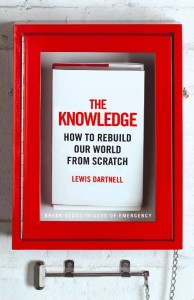
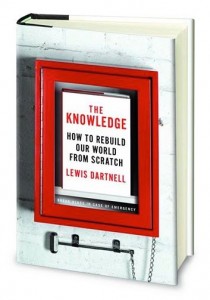 Maybe an asteroid hit Earth. Perhaps a nuclear war reduced our cities to radioactive rubble. Or avian flu killed most of the population. Whatever the cause, the world as we know it has ended and now the survivors must start again. But how do we set about rebuilding our world from scratch?
Maybe an asteroid hit Earth. Perhaps a nuclear war reduced our cities to radioactive rubble. Or avian flu killed most of the population. Whatever the cause, the world as we know it has ended and now the survivors must start again. But how do we set about rebuilding our world from scratch?